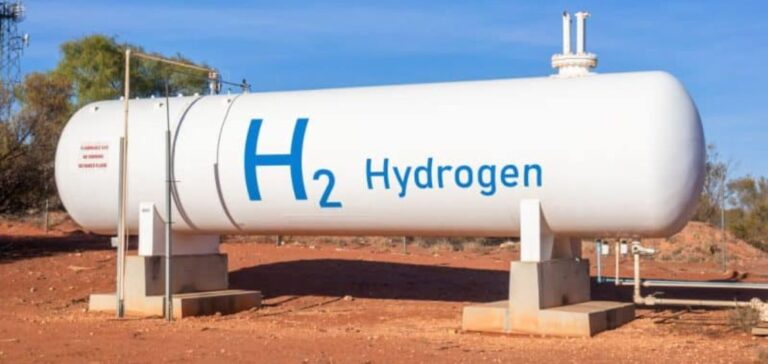Namibia and the European Union (EU) agree on a strategic partnership for the supply of renewable hydrogen. This agreement, signed at COP27, supports the green and digital transition of Namibian industries.
A European partnership
Namibia and more globally Africa is a key territory for the ecological transition. In this context, the renewable hydrogen partnership between the EU and Namibia will help attract investment. The objective is to modernize the country’s industries and will help develop the economy.
The EU is committed to ensuring a sustainable supply of raw materials. In addition, it already had partnerships with Canada, Ukraine and Kazakhstan. These projects aim to support the decarbonization of certain sectors, advance trade and investment.
Commission President Ursula von der Leyen says:
“I am delighted to sign this agreement between the EU and Namibia for the development of feedstock and renewable hydrogen value chains. This is not only a huge step forward for the EU’s climate ambitions, but also a beneficial agreement for Namibia, a forerunner in the development of renewable hydrogen in Africa. This shows Europe’s commitment to working with partner countries on our shared commitments to a greener and more resilient future, in line with the Global Gateway Strategy. I would like to thank President Geingob for his commitment and look forward to our cooperation. This partnership is a key step in strengthening the relationship between the EU and Namibia, based on mutual trust, in-depth political dialogue and concrete cooperation projects.”
The two parties are developing their roadmap to 2023-2024. They will thus carry out joint actions with industrial and financial actors from the EU and Namibia.
A specific project
The European Investment Bank (EIB) is also committed to deepening its cooperation with Namibia in support of renewable energy. The Namibian government is granted a loan of 500 million euros. It will help finance sustainable investments and projects.
The EU-Namibia hydrogen agreement is based on six pillars. It will integrate, commission and promote the feedstock and renewable hydrogen value chains. The parties will also align on environmental, social and governance (ESG) criteria in line with international standards.
This will also be accompanied by regulatory alignment with standards and certification. In addition, funds will need to be mobilized for infrastructure but also for the private sector to address issues on improving “green investments”. Research and innovation in hydrogen technology will be strengthened by the partnership.






















